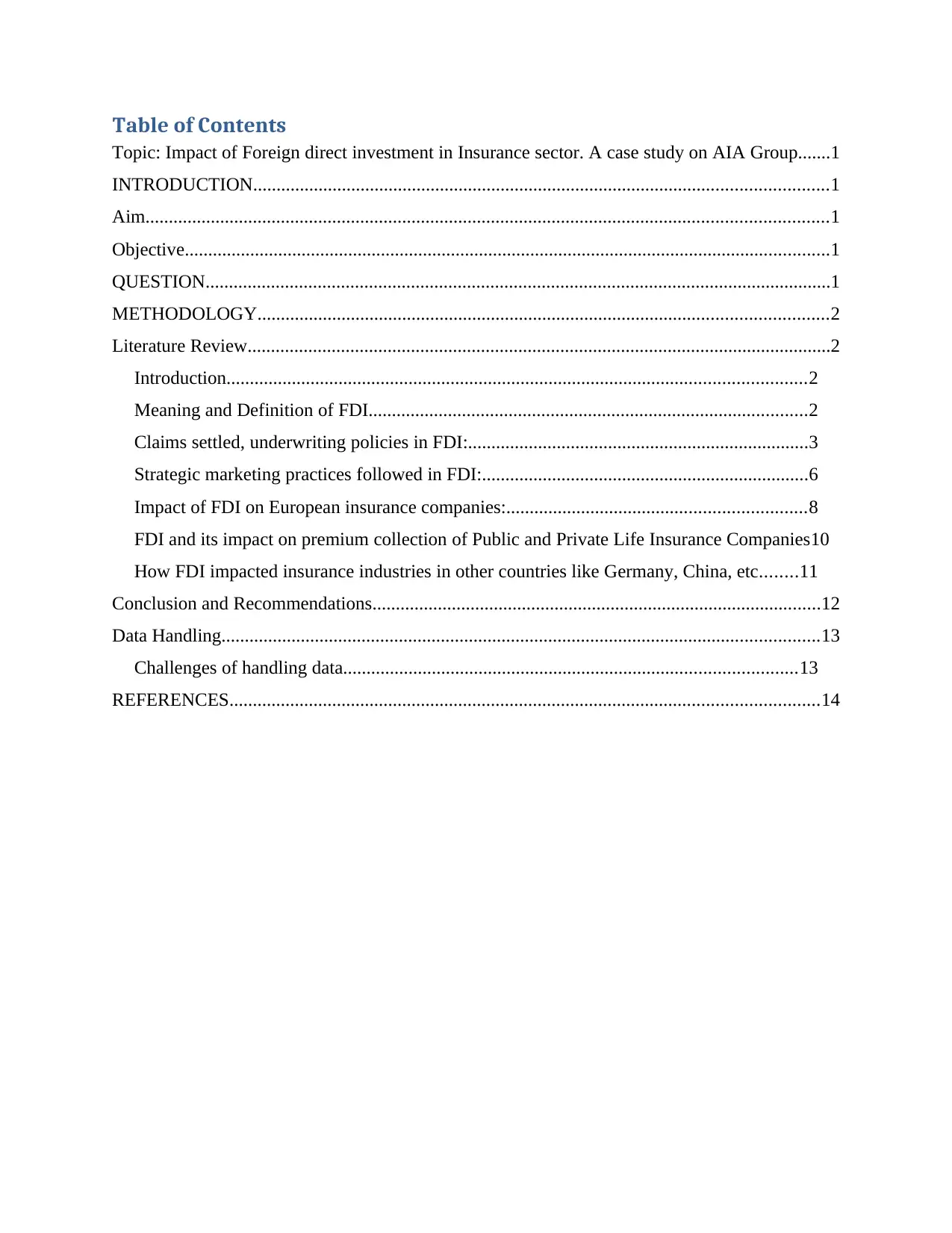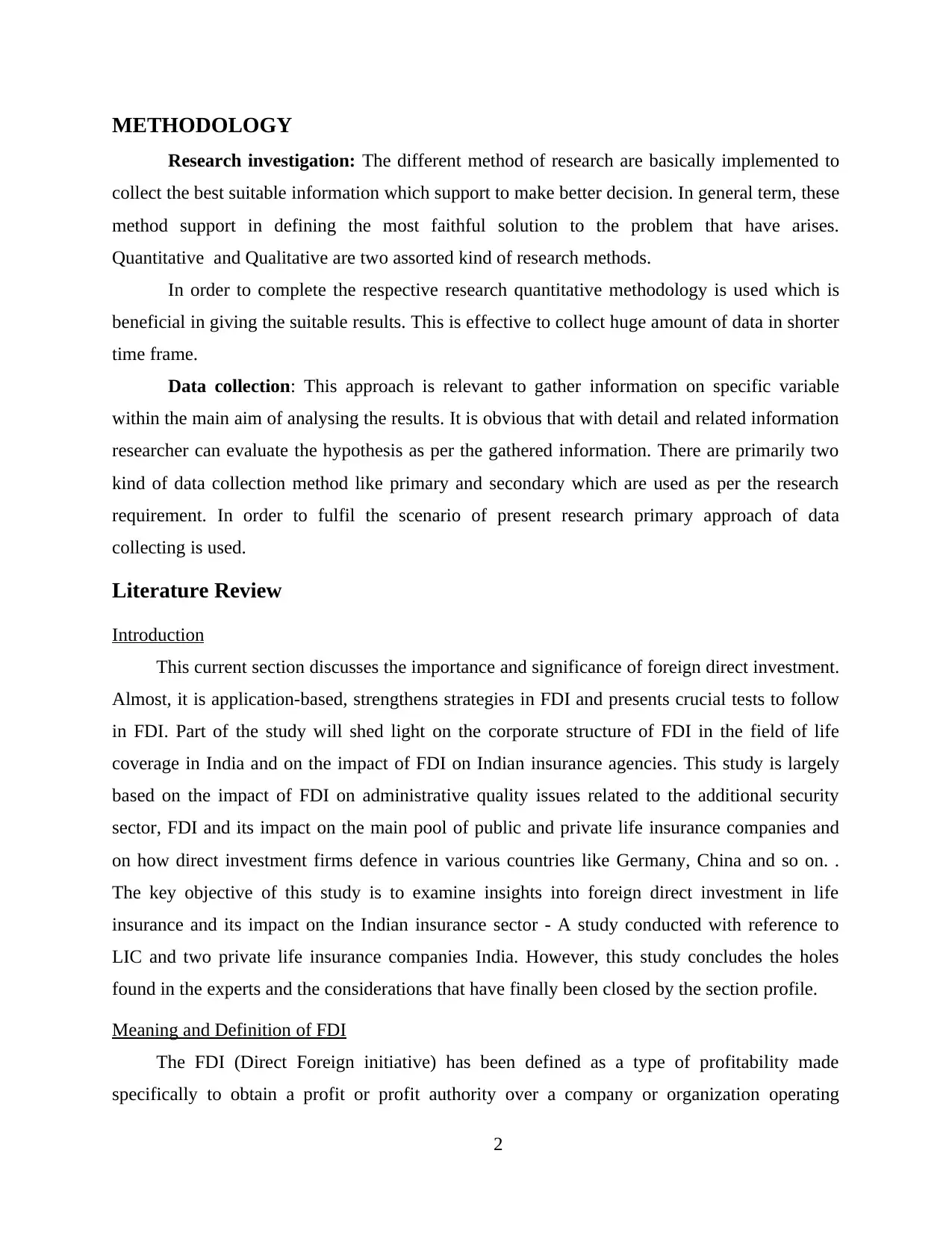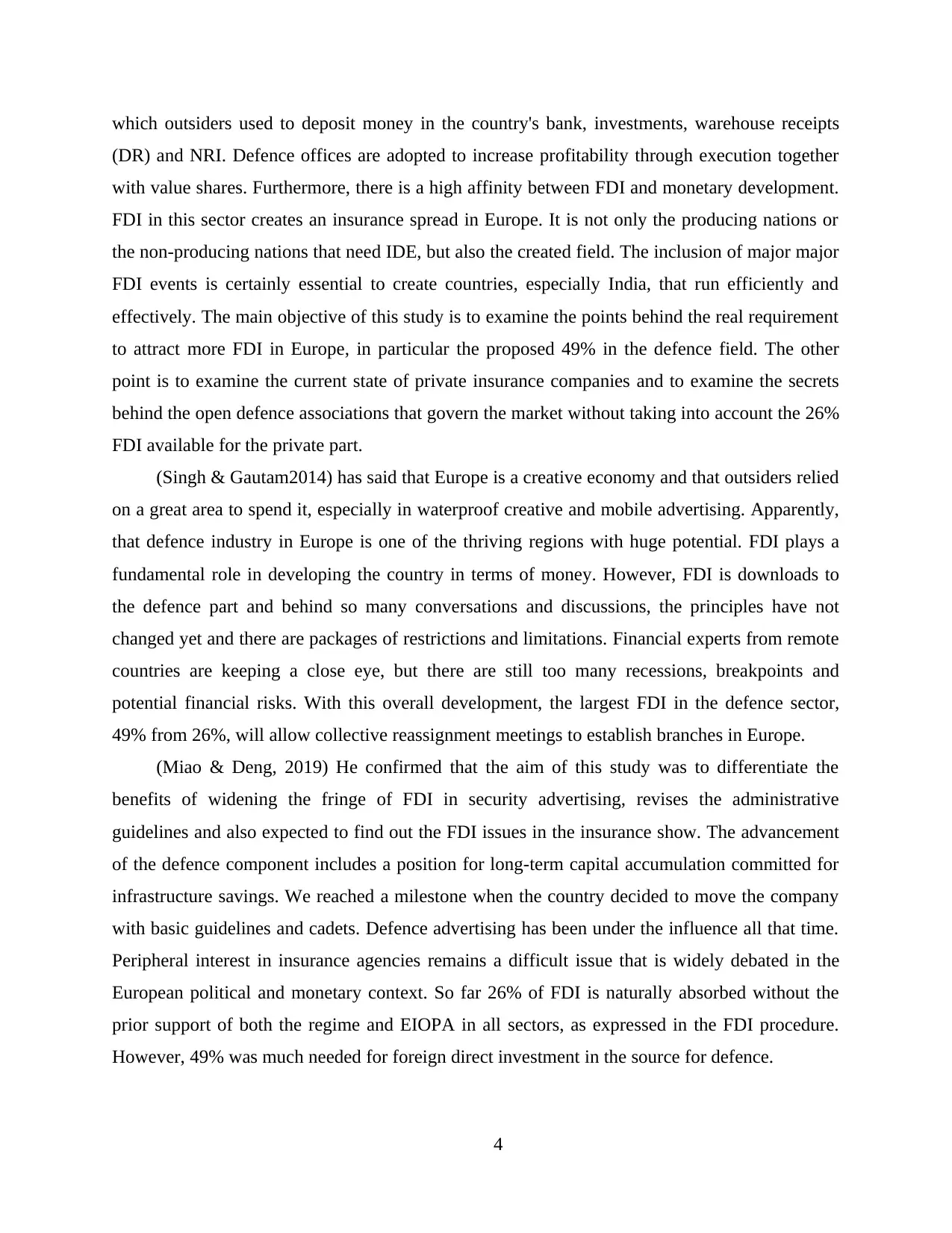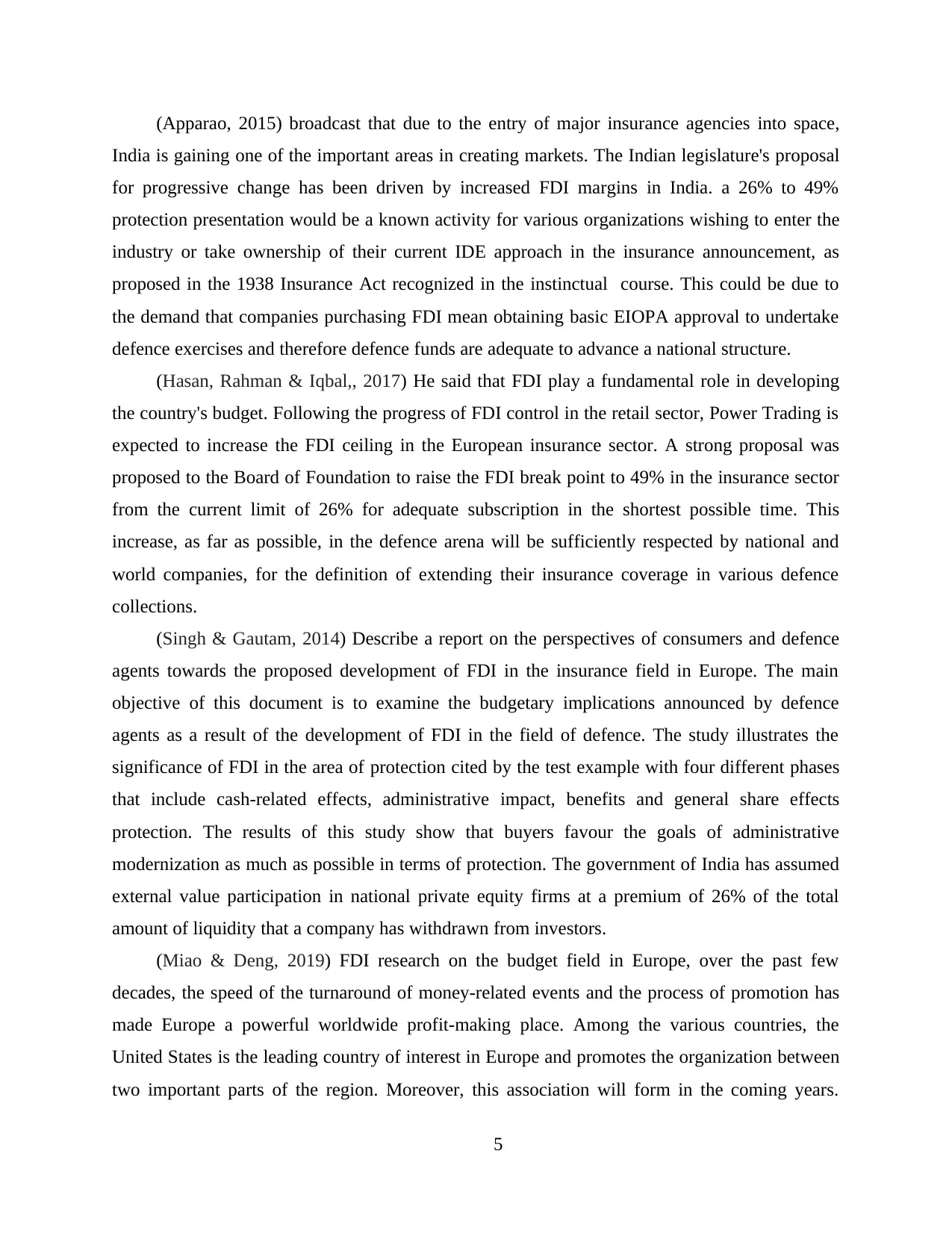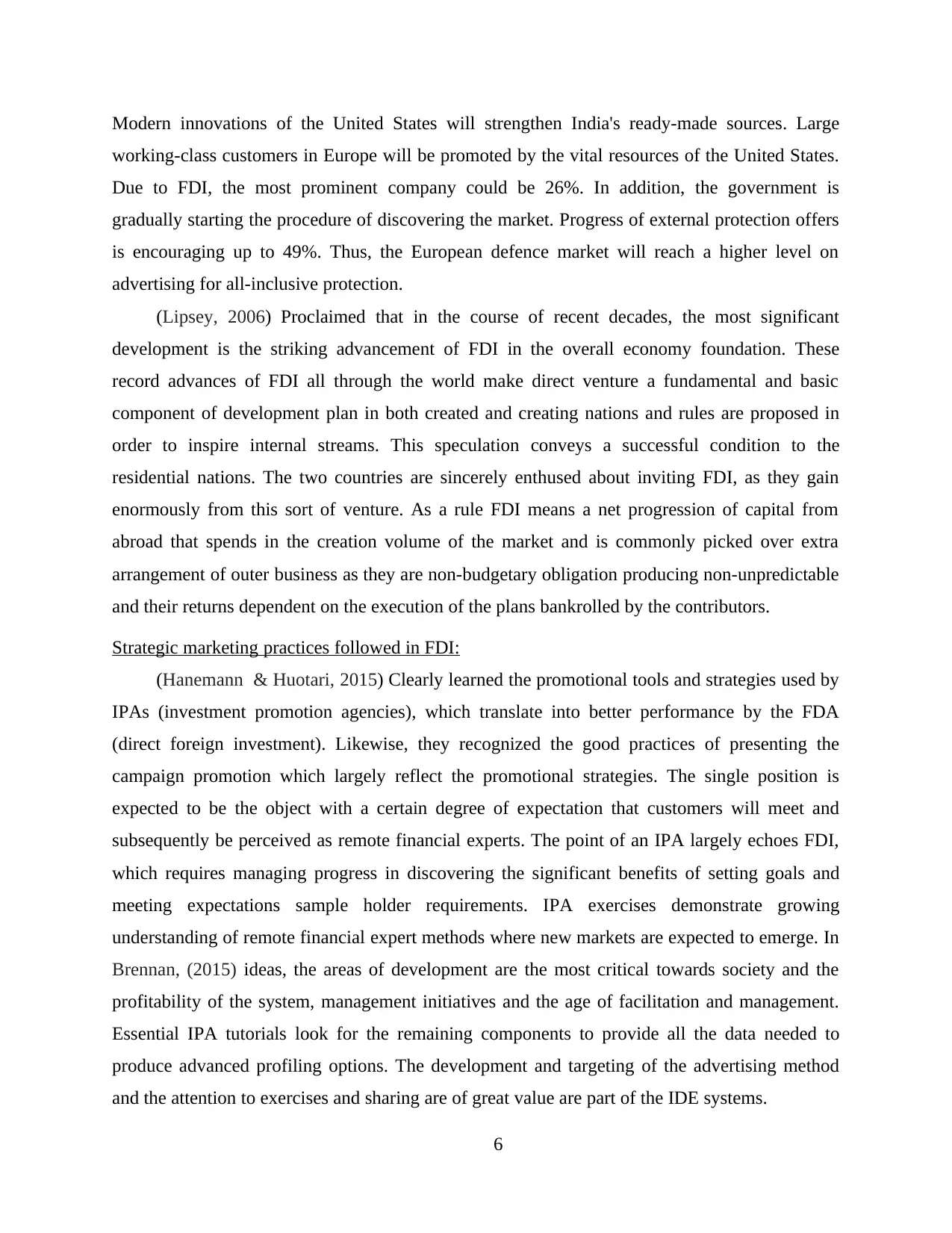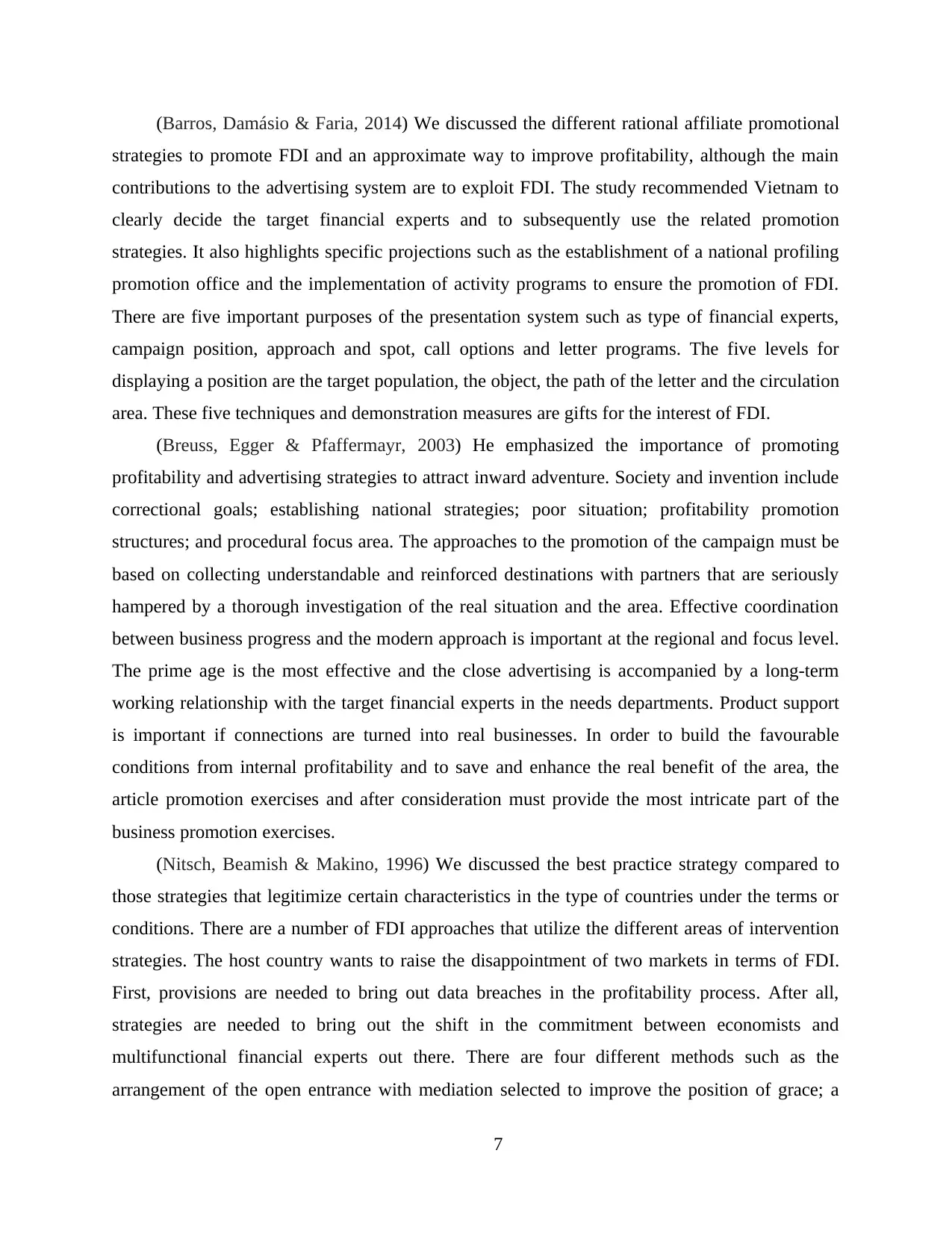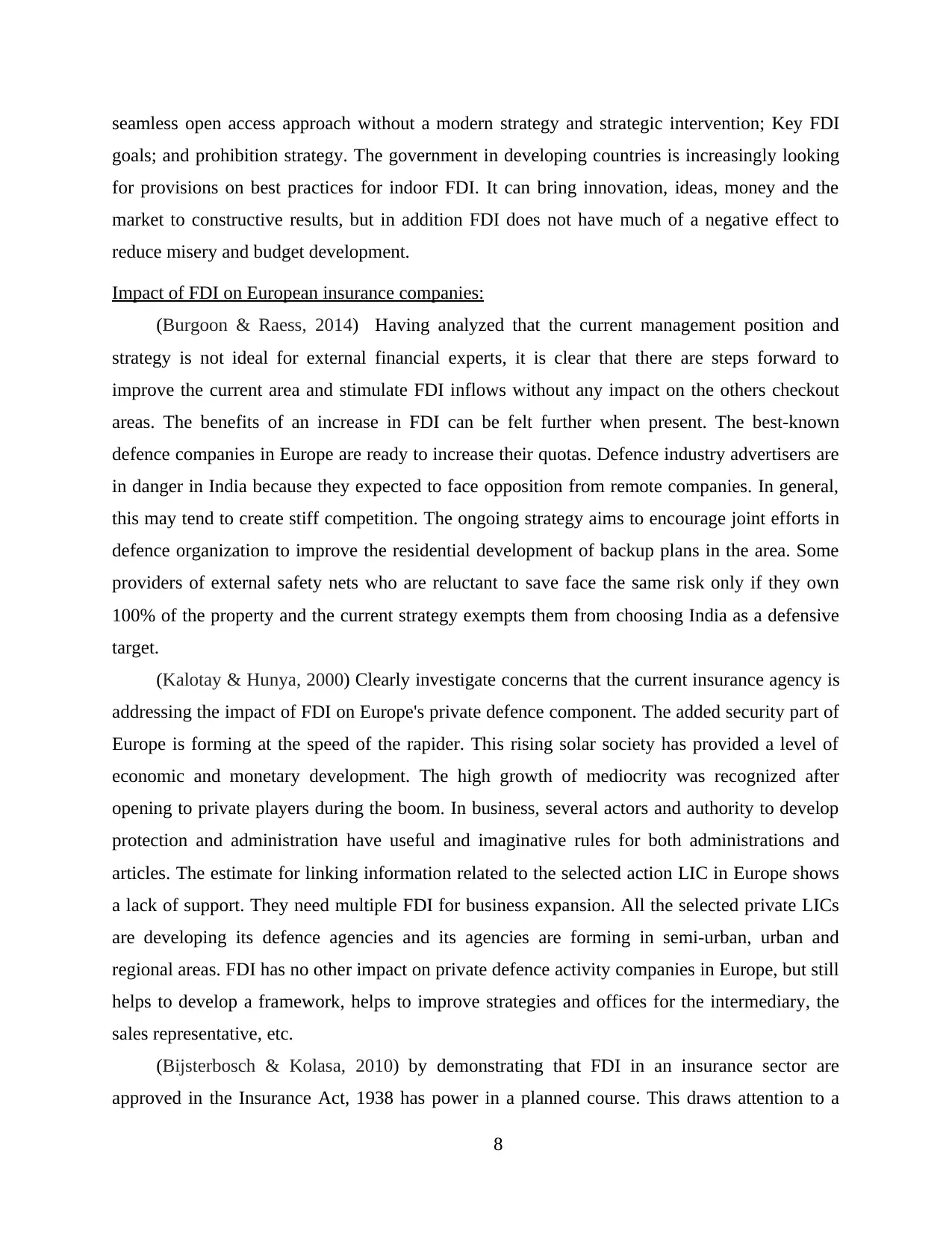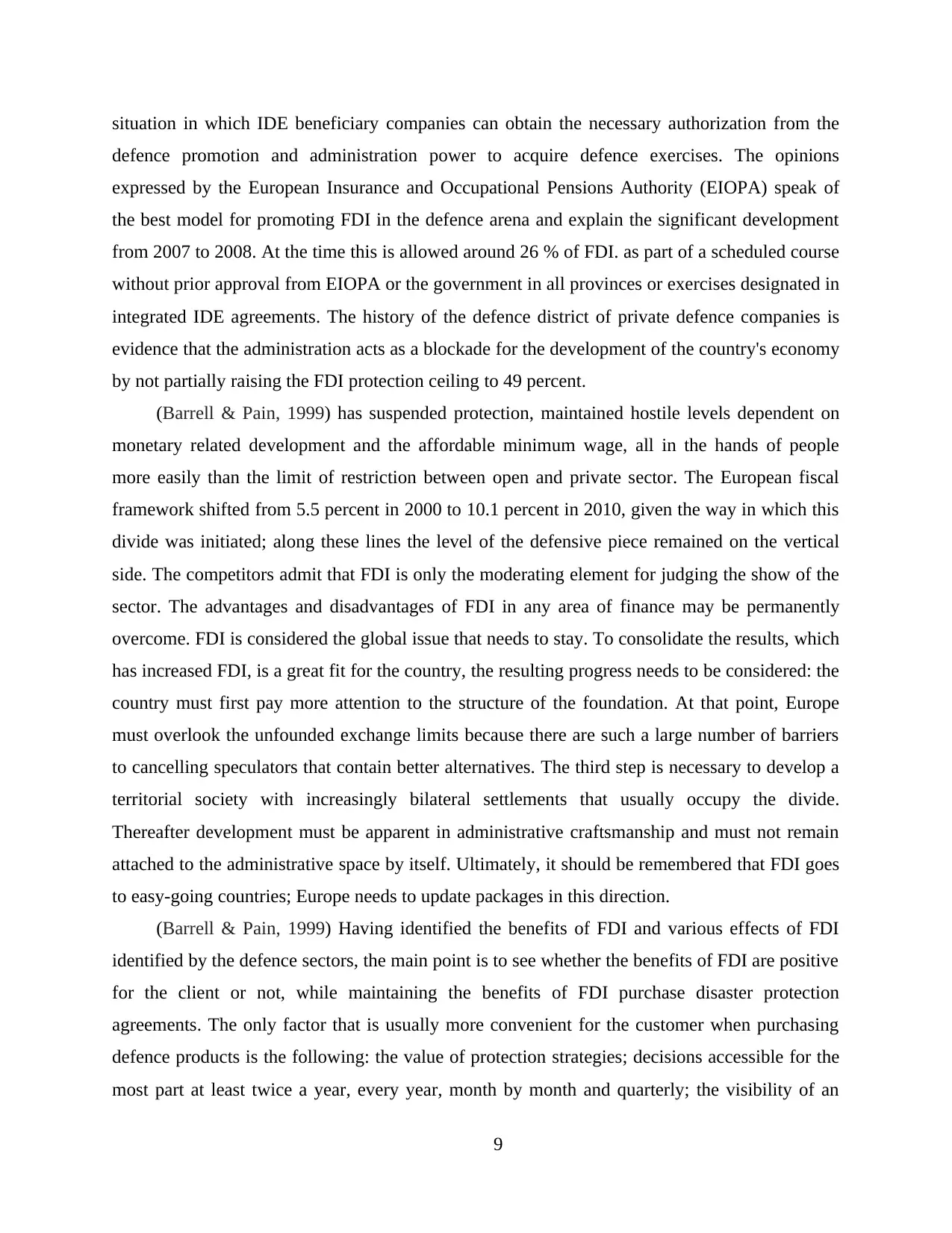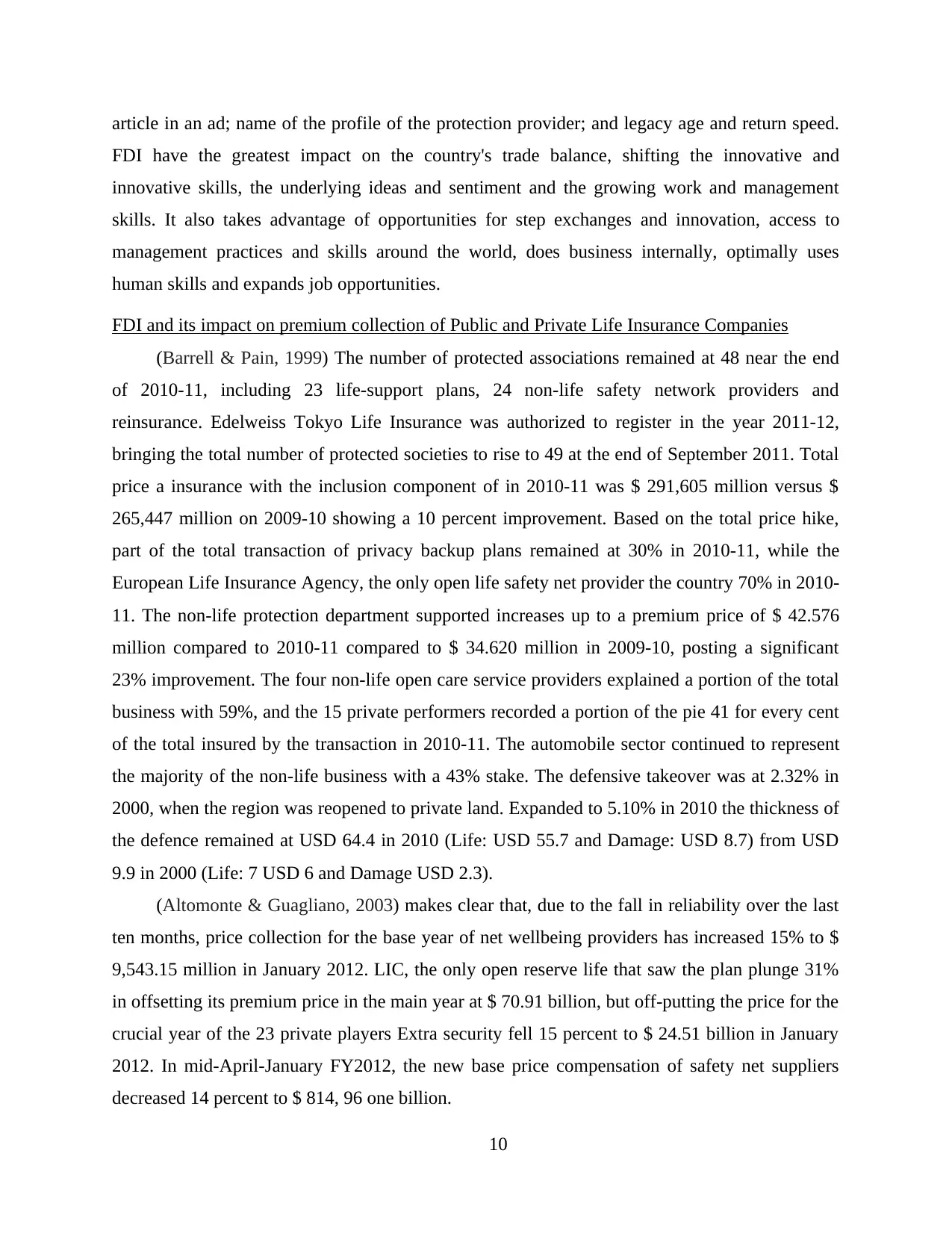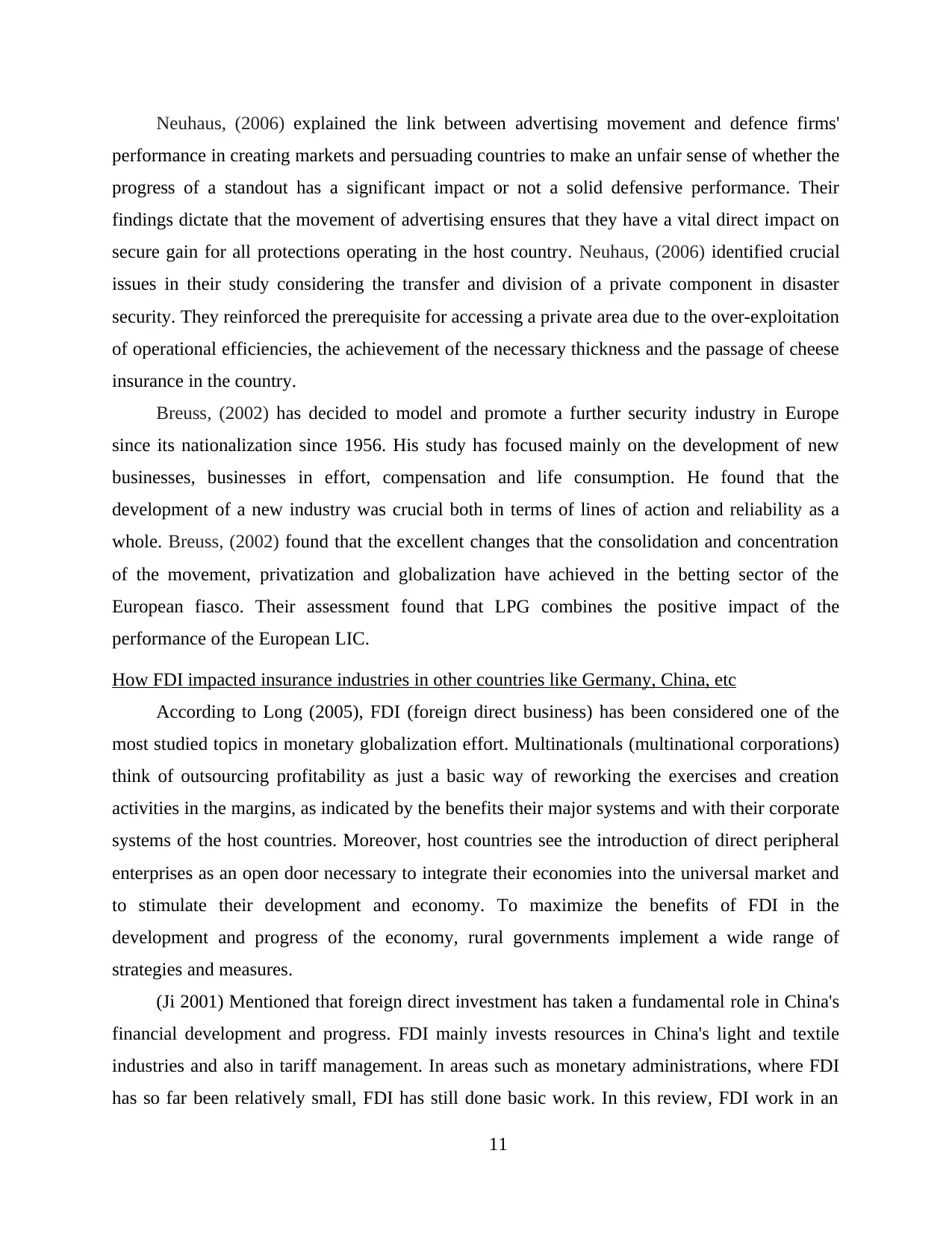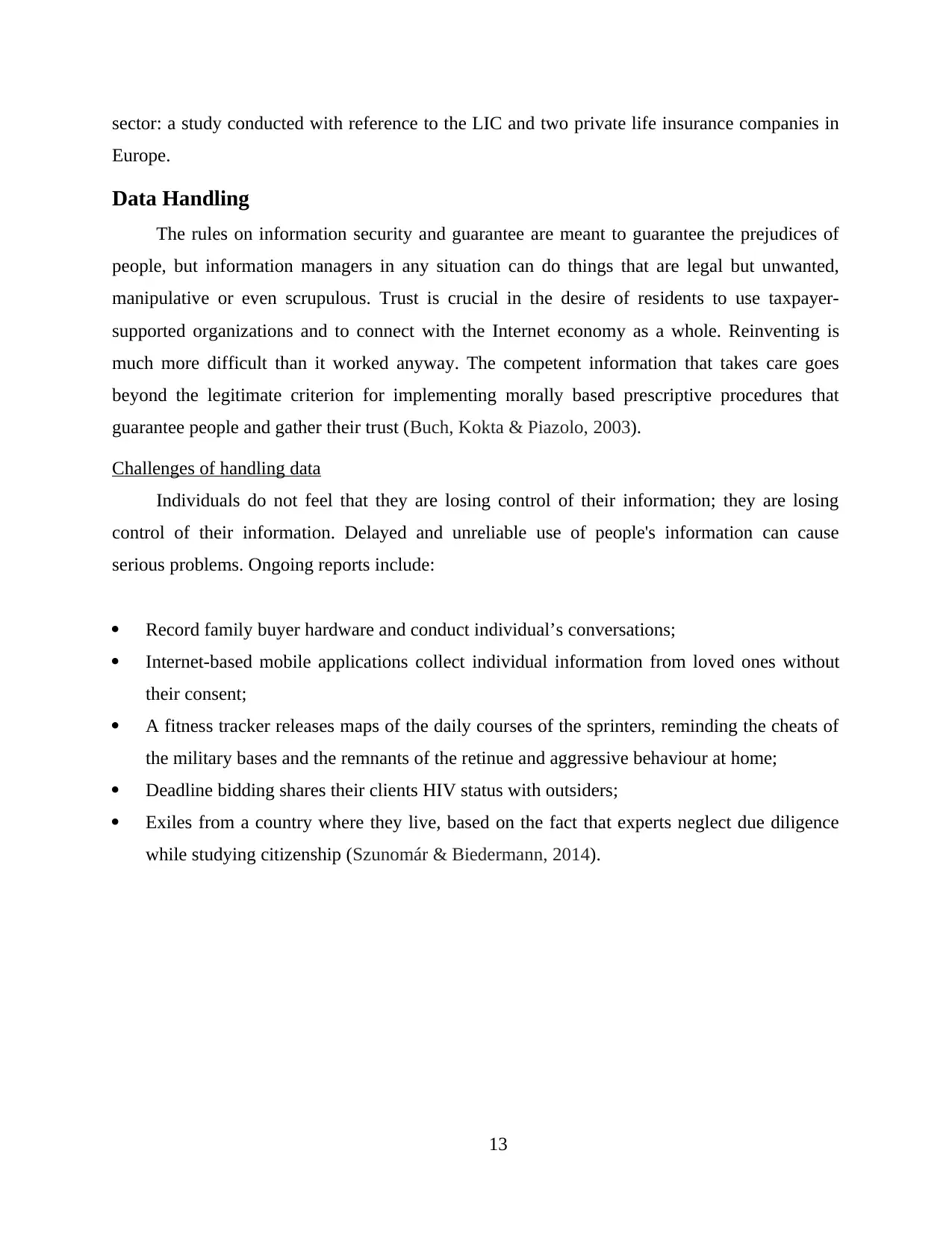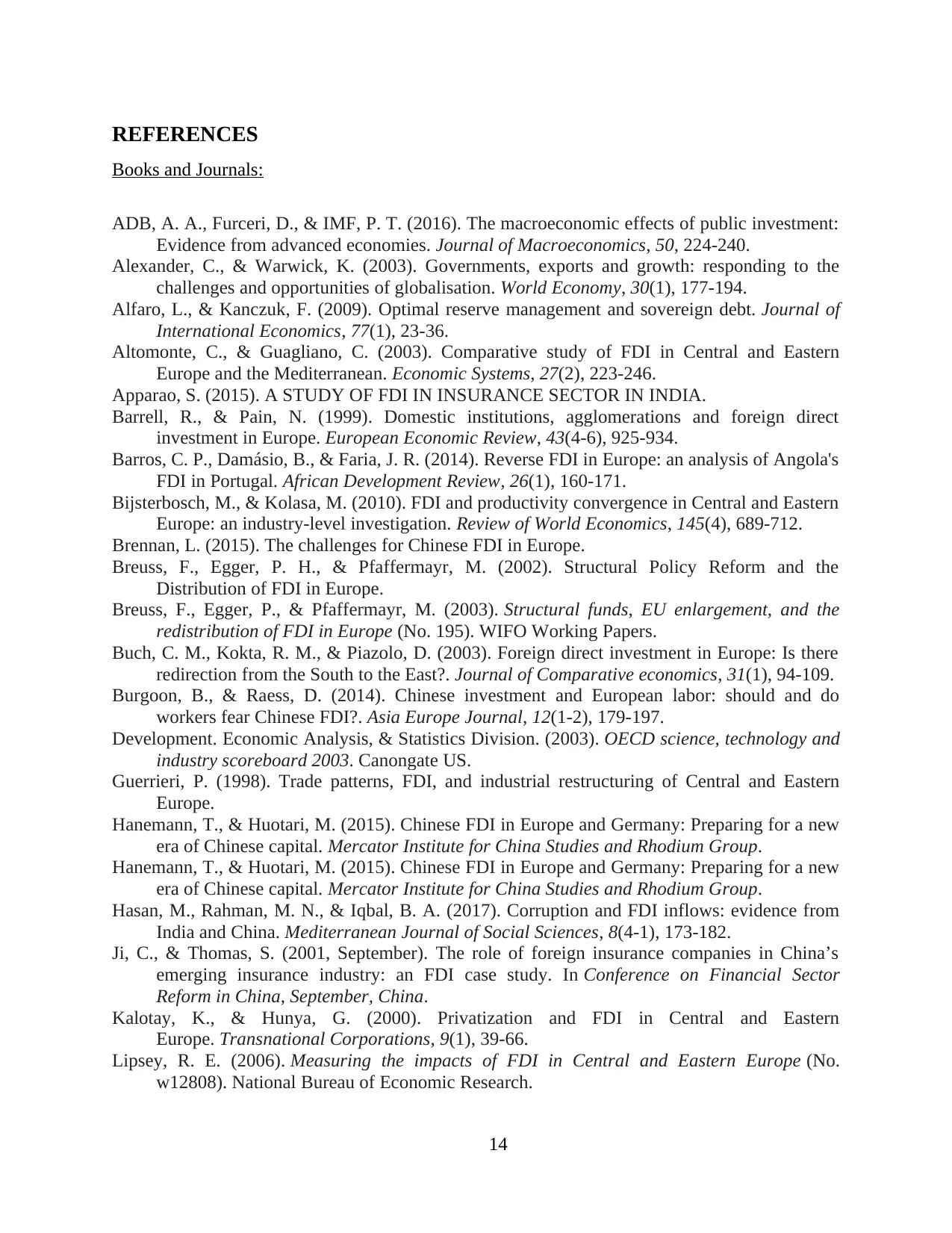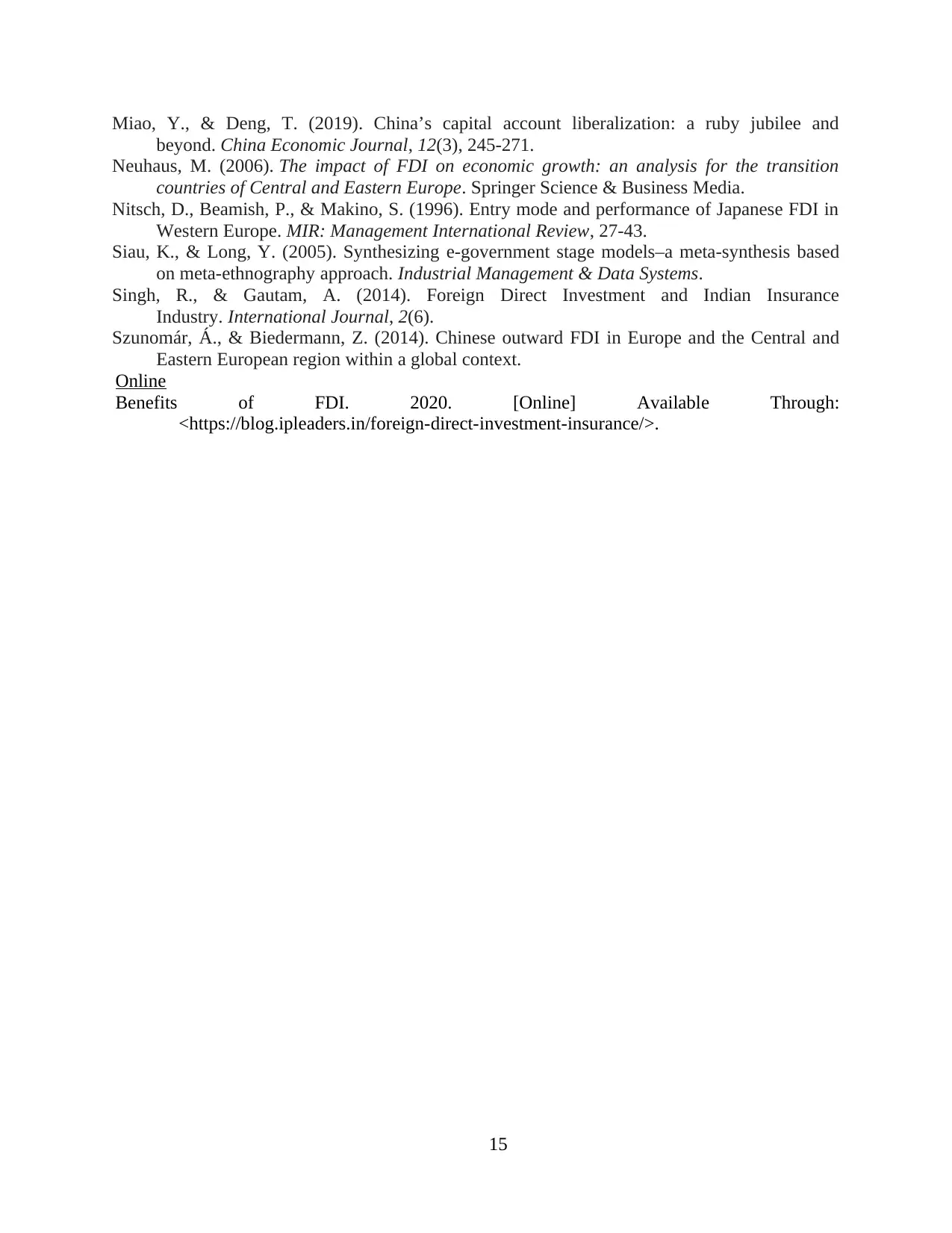This research project focuses on the impact of foreign direct investment (FDI) in the insurance sector, with a case study on AIA Group. It aims to recognize the overall importance of FDI in the insurance industry and determine its role in increasing the sector dominated by the public sector. The study also aims to identify the elements of insurance products improved by FDI and evaluate whether the decision to increase FDI in the insurance sector is beneficial. The methodology involves quantitative research methods and data collection through primary sources. The literature review discusses the meaning and definition of FDI, its impact on the insurance sector, and strategic marketing practices followed in FDI. The research project is relevant to the subject of insurance and may be applicable to courses related to finance, economics, and business management.
![[object Object]](/_next/static/media/star-bottom.7253800d.svg)
![[object Object]](/_next/static/media/star-bottom.7253800d.svg)

